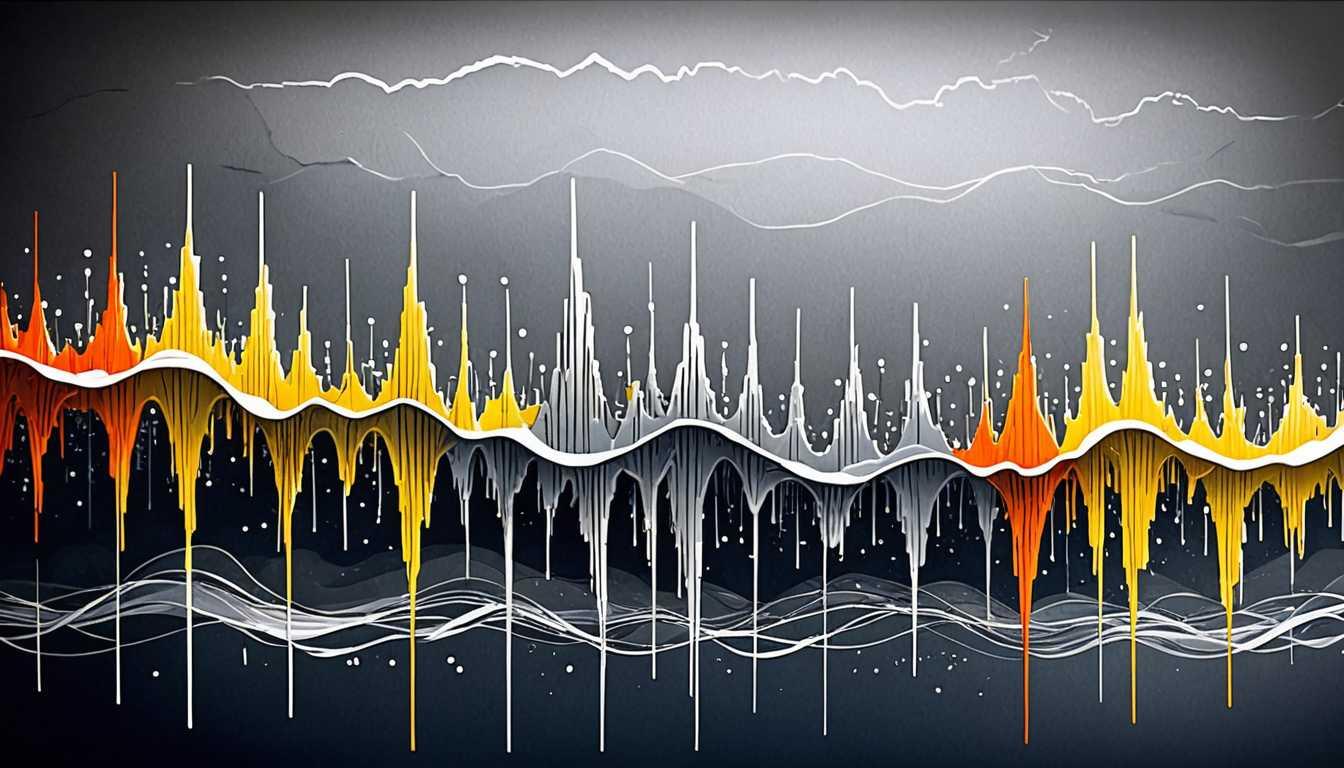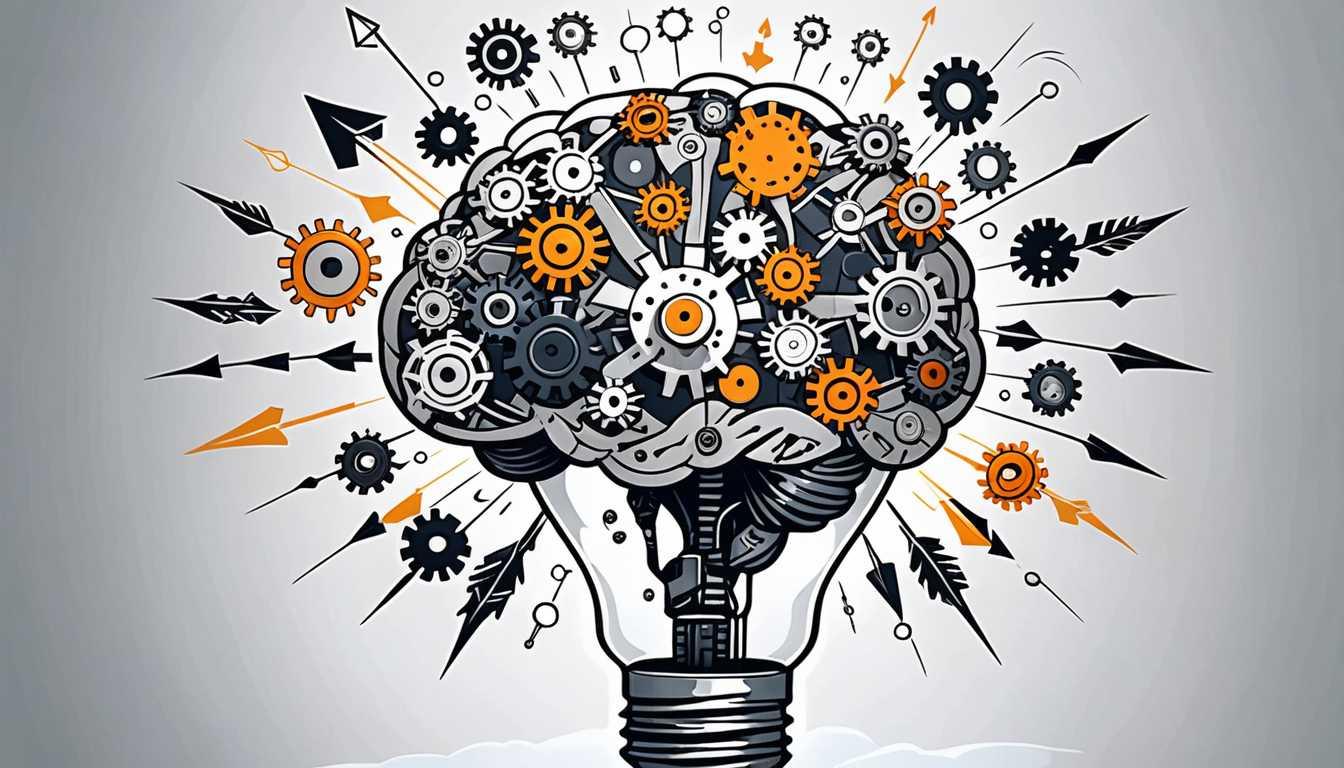Mapping Your Mind: The Brain's Hidden GPS
June 2024
MIT News
Introduction
Ever wondered how your brain knows the way to the snack bar, even when your eyes are closed? A fascinating article from MIT News reveals that just thinking about a location activates mental maps in our brains! Researchers found that our brains create and use these maps even when we’re not moving. Imagine your brain as a super GPS that helps you navigate through memories and experiences. Dive into this mind-bending read and explore how your brain maps out the world around you!
READ FULL ARTICLEWhy It Matters
Discover how this topic shapes your world and future
Mapping the Mind’s Journey
Imagine your brain as a super advanced GPS, constantly storing and recalling the routes you take every day. The recent research from MIT dives deep into how our brains create and use these mental maps, not just when we physically move, but even when we think about our experiences. This discovery is significant because it reveals the complexity of how our brains work, suggesting that our ability to navigate isn’t just about physical movement but also involves imagination and memory. Understanding how these cognitive maps function can help us learn better, solve problems creatively, and even enhance our emotional intelligence. This research highlights the importance of mental navigation in decision-making and personal growth, making it a fascinating area for you to explore as you develop your own skills and knowledge.
Speak like a Scholar
Cognitive Maps
Mental representations that help you understand and navigate through spaces or sequences of events, like a mental layout of your school or a video game level.
Entorhinal Cortex
A part of the brain located near the hippocampus that plays a crucial role in forming these cognitive maps, helping you connect experiences and memories.
Neural Responses
The way brain cells (neurons) react to stimuli or experiences. They’re like the brain’s way of signaling that something important is happening.
Associational Learning
A learning process where you connect one idea or experience with another, like remembering the smell of cookies when you think of your grandmother’s house.
Continuous Attractor Model
A scientific model that helps understand how the brain keeps track of locations and experiences over time, like a digital map that updates as you travel.
Behavioral Evidence
Observations or data collected from actions that support a theory or finding, like noticing how well you navigate a new route after practicing it.
Independent Research Ideas
The Role of Imagination in Learning
Investigate how visualizing experiences can enhance memory retention and problem-solving skills. This could lead to exciting insights, especially in understanding how athletes or performers prepare.
Cognitive Maps in Different Species
Explore how various animals (like birds or dolphins) use cognitive maps to navigate their environments. This could reveal fascinating adaptations and strategies across species.
Neuroscience of Memory Retrieval
Examine the processes behind how we recall memories and what brain regions are involved. Uncovering this could shed light on techniques that enhance memory for studying.
Impact of Technology on Cognitive Mapping
Analyze how GPS and navigation apps affect our ability to remember physical spaces. Are we becoming too reliant on technology, or is it enhancing our mental maps?
Emotional Influence on Mental Navigation
Research how emotions affect the way we create and access cognitive maps. Understanding this could be crucial for developing emotional intelligence in various contexts, like teamwork or leadership.
Related Articles

Pupils and Dreams: The Memory Connection
January 2025
Cornell News Highlights

Blood Test Decodes Bipolar Mystery
October 2023
University of Cambridge

Timing: The Secret to Better Hearing
January 2025
MIT News

Unraveling the Brain's Tiny Wonders
May 2024
Harvard Gazette

Brain Power: Planning Your Next Move!
June 2024
University of Cambridge